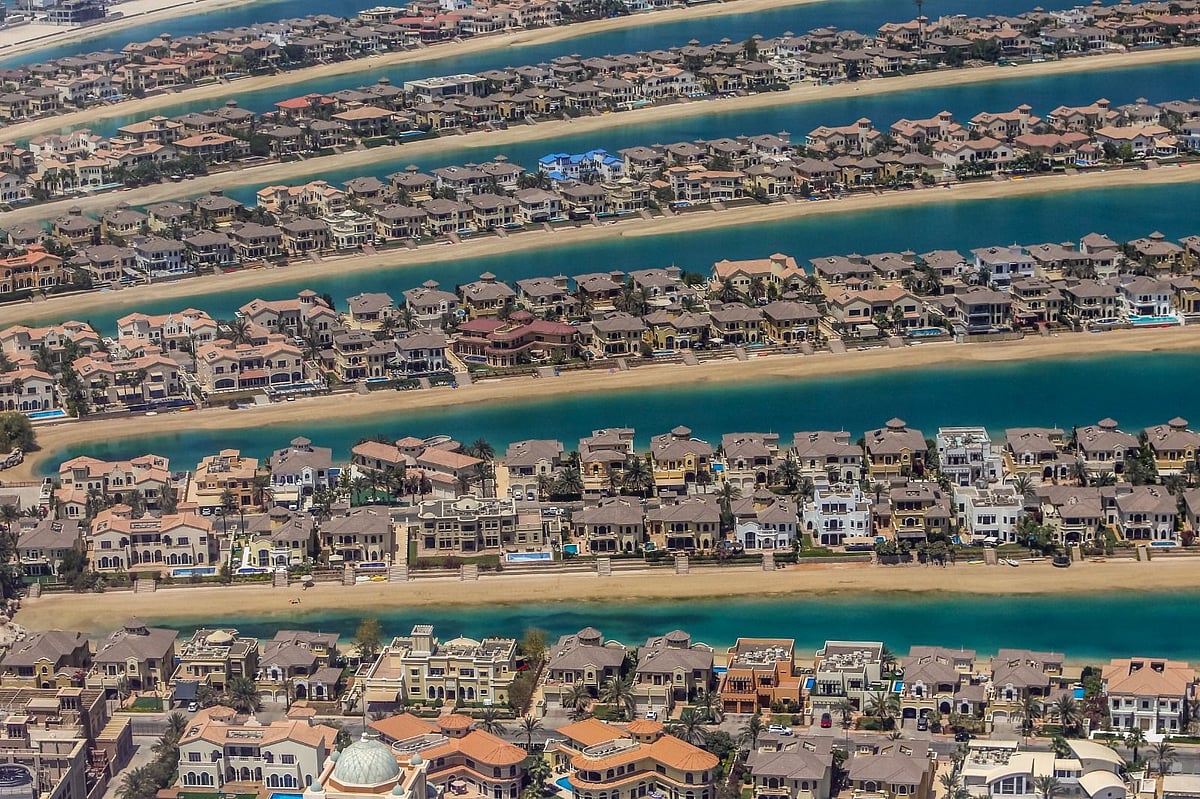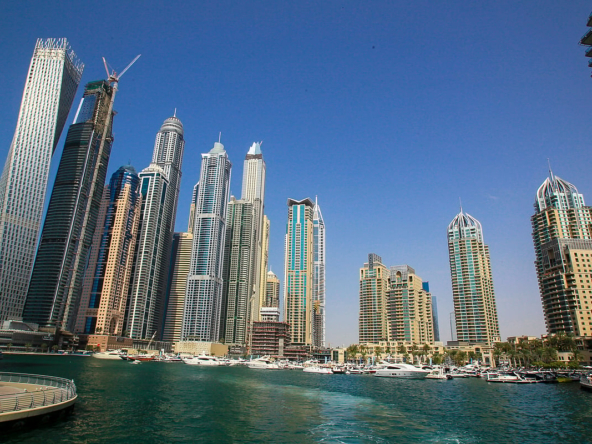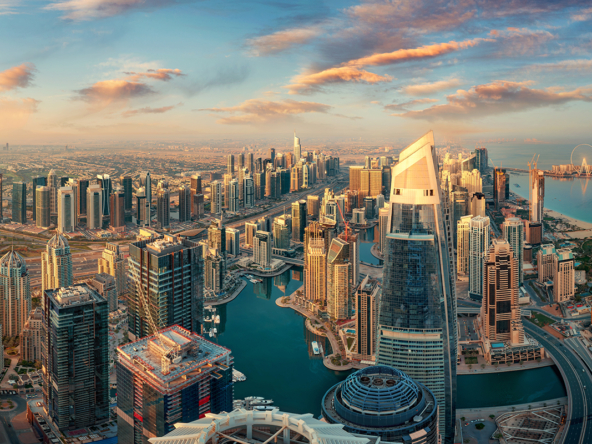New arrivals drawn by the country’s fiscal policies, luxurious lifestyle, and visionary governance
UAE Leads Wealth Boom as Surge in HNWIs Transforms Middle East Luxury Market
The Middle East is currently witnessing a historic rise in high-net-worth individuals (HNWIs) and ultra-high-net-worth individuals (UHNWIs), with the UAE standing out as a global hotspot for affluent investors.
As outlined in the most recent Private Capital Report by Knight Frank, a top-tier international real estate consultancy, the UAE has experienced a remarkable 98% growth in the number of dollar millionaires over the past decade. This surge has significantly fueled premium real estate transactions, positioning Dubai among the world’s foremost luxury real estate destinations.
As of December 2024, the UAE is home to around 130,500 dollar millionaires, placing it 14th among global wealth markets. This impressive expansion is driven by comprehensive economic reforms, visionary national development strategies, and political stability — factors that continue to appeal to global investors. In 2024 alone, 7,200 new dollar millionaires settled in the UAE, up from 4,700 in 2023 and 5,200 in 2022. According to data from Henley & Partners, these newcomers are drawn by attractive tax benefits, premium lifestyle offerings, and forward-thinking leadership.
Most new millionaires hail from India (31%), followed by the broader Middle East (20%), Russia and CIS countries (14%), and the UK and Europe (12%). This wide geographic spread reinforces the UAE’s growing role as a global center for wealth relocation, especially amid global uncertainty.
This wealth migration is reflected strongly in Dubai’s high-end housing market. The emirate has overtaken traditional luxury real estate giants such as London and New York in the ultra-prime property segment, especially for homes valued above $10 million. Dubai saw 435 such transactions in 2024, narrowly surpassing the 434 recorded in 2023. Q4 2024 alone saw 153 ultra-luxury home sales — a new record for quarterly performance.
The upward momentum persisted into Q1 2025, with 111 homes priced over $10 million changing hands — the highest first-quarter total to date. This marks a 5.7% increase year-over-year, placing Dubai’s top-tier property market on track for another record-breaking year.
Faisal Durrani, Partner and Head of Research for MENA at Knight Frank, said, “Dubai’s luxury property market continues to operate on a different level. The sustained global demand firmly places the city at the heart of the world’s ultra-luxury real estate stage.”
Palm Jumeirah remains Dubai’s flagship destination for ultra-prime real estate, with 34 deals totaling $562.8 million in Q1 2025. Emirates Hills followed with 15 deals worth $356.7 million. The most significant transaction during this period involved a six-bedroom villa sold for $106.3 million in January — originally purchased for just $6.6 million in 2015 — showing an incredible 1,635% value increase, or about 34.6% per year.
Dubai’s ultra-luxury market continues to draw UHNWIs globally. In Q1 2025, twelve homes sold for over $25 million, only slightly fewer than the 15 transactions in Q4 2024. This underscores the persistent demand for elite trophy properties, despite limited availability.
Inventory constraints are particularly pronounced at the upper end of the market. There were virtually no new villas launched above Dh5,000 per square foot in 2023. Only 16 such villas entered the market in 2024. Meanwhile, listings priced between Dh2,000-3,000 psf saw a 57% drop in supply, and those in the Dh3,000-5,000 psf category fell by 39%.
Nicholas Spencer, Partner at Knight Frank, commented, “Dubai has solidified its reputation as a top choice for HNWIs seeking both lifestyle and investment potential. Our findings show that wealthy individuals worldwide have allocated approximately $4.4 billion for Dubai’s residential sector — a 76% jump from 2023.”
The broader residential real estate landscape in Dubai remains strong, with nearly 170,000 transactions recorded in 2024, collectively worth around $115 billion. Properties priced above $10 million accounted for roughly 6% of the total value, underscoring the growing significance of the high-end market.
Wealth levels are clearly influencing purchasing decisions. Among individuals with personal assets exceeding $15 million, 78% are exploring real estate options in Dubai. For HNWIs based in the GCC, the average budget is around $3.1 million. About 25% of ultra-wealthy buyers are open to spending between $60 million and $80 million, and 16% are eyeing homes priced over $80 million.
The rise of family offices is also shaping the investment scene in the region. These entities, which oversee intergenerational wealth management, are increasingly setting up in Dubai and Abu Dhabi due to modern legal systems and pro-business regulations. Buthainah Albaity, Partner and Head of Private Capital and Family Enterprises for MENA, noted that Gulf nations are actively competing to attract these institutions, recognizing their role in sustaining long-term capital inflows and fostering innovation.
With a projected $84 trillion expected to change hands across generations globally over the next 20 years, the Middle East is already witnessing this transition. In Saudi Arabia, many family enterprises are moving from second- to third-generation leadership. Meanwhile, Dubai and Abu Dhabi are emerging as key hubs for trusts and asset management.
Other regional markets are also seeing traction. In Saudi Arabia, interest in property — especially in the holy cities of Makkah and Madinah — is rising. Knight Frank estimates that around $2 billion in investment from HNWIs in nine Muslim-majority countries is targeting homes in these spiritual centers.
Qatar’s real estate market is gaining ground as well, with private capital worth $537.5 million actively seeking homes out of an expected $3.2 billion in 2024 sales. Egypt is also proving attractive to investors from the GCC, especially for its residential units, branded homes, and retail developments.




